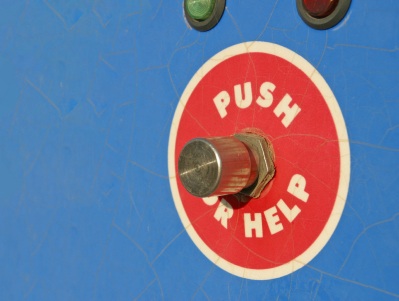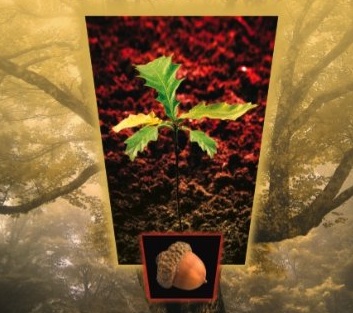by Oliver DeMille
Note: This is usually when we send out a really feel-good, touchy-feely message that's cozy and inviting. And I guess we're still going to do that - in a few days.
But right now, I just have to comment on a development that is of interest to all of us who feel a call to aspire to excellence in our education, and to help our children and students do the same.
So please bear with me as I share a timely message; I promise Rachel will send out a happy, encouraging one very soon. And maybe, in a strange sort of way, you'll find this message encouraging anyway.
My Year-end Roundup
At the end of each year and the beginning of a new year,
many news organizations and commentators list the most important events of the
past year.
I typically spend a lot of time every late December and early
January reading through these lists, because I like to think about what people
consider the most significant happenings in our current events.
Every year I am surprised by one or two things that appear on
these lists. This year was no exception.
One item really struck me. On a list
of the most important events in the U.S. during 2012, I read the following:
"December 11 .... Schools in the
United States plan to drop literature classics such as To Kill a Mockingbird and The
Catcher in the Rye from their curriculum; children...will instead learn from
"informational texts" such as Recommended
Levels of Insulation by the U.S. Environmental Protection Agency and the Invasive Plant Inventory by California's
Invasive Plant Council."
This entry was nestled on the list between the 2012 re-election of
Barack Obama on November 6 and the December 14 school killings of 27 people in
Newtown, Connecticut.
I agree that this change in curriculum belongs on the
list of top events in 2012, but I was very surprised by the quote itself. Take
a second and read it again...
"...drop literature
classics...and...instead learn from 'informational texts' such as Recommended Levels of Insulation by the
U.S. Environmental Protection Agency and the Invasive Plant Inventory by California's Invasive Plant Council."
Really?
Why?
Wow!
Do we really need to go further in the direction of students
not learning how to think? Do we want the rising generation to trust themselves
even less and become even more dependent on experts and government officials?
Is this really where we want to go?
Funny Ha-ha, or Funny Strange?
When I first read this quote, it just made my jaw drop.
I found myself saying: "How in the world are Americans,
especially parents, sitting back and just letting this happen?"
I know the answer, but it is still very sad. Then, after I
got over my initial shock, I began wondering: "What are those who made this
decision thinking? And how many people will even notice it?"
Finally, the more I thought about it, the more amused I got--in
a sad but "consider-the-silver-lining" sort of way.
Then I found myself
laughing. This quote is the best advertising for homeschooling, private and
charter schooling, leadership education, and Thomas Jefferson Education that I've
ever read.
This quote just plain shocked me. I mean, are you kidding
me? Recommended Levels of Insulation?
Invasive Plant Inventory?
Talk about follower education,
not Leadership Education.
The End of the World as We Know It (okay, not really - but sort of)
I know I have a flair for the dramatic, but this really is one of the biggest developments of 2012.
The
removal of classics from schools has been going on for a long time, but
dropping literature classics from the English curriculum is...well...basically the
last step of separating the education of the rich elite class from the
education of the masses.
This creates two drastically different socio-economic classes,
and reverses the original American founding view of education.
In short, the move away from leadership education in most
schools is now extreme.
I can't help but wonder:
Has the time come that we now need to
share TJEd with anyone we care about?
Who needs leadership education right now?
Has the time arrived to spread the ideas of real education far and wide?
As I pondered this, I came to one firm conclusion, and deep resolve: We've
reached a point where every child needs the opportunity of a great
education--and few are going to get it in the old, regular way.
I'm going to do
all I can to keep spreading the ideas of excellent education, and I hope you
will do the same.
Who do you know that needs a great education?
Please help
them find it. Introduce them to TJEd and Leadership Education.
The trends are
getting worse, and it's time for good, regular people to stand up and take
education to a new level.




